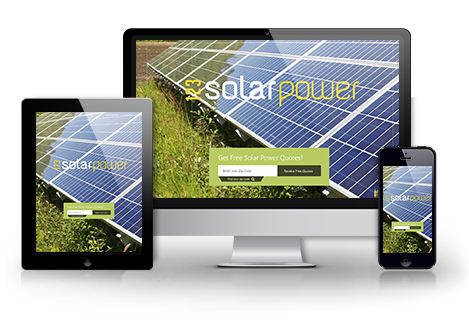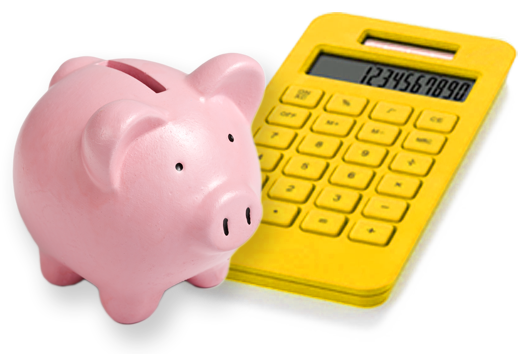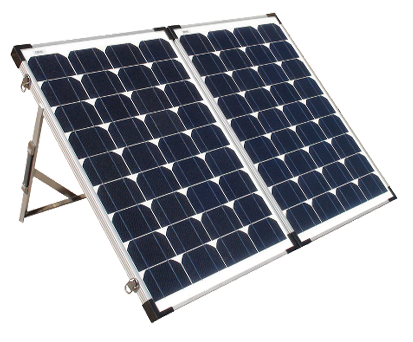Utah Incentives
When one thinks of Utah, images of colorful, rocky desert, outcroppings and canyons come to mind along with the vastness of the Great Salt Lake. This sunny desert environment provides 6.5 kilowatt hours of sunlight per square meter in some regions and 6.0 kWh in the rest of the state. This sunlight makes Utah a prime candidate for solar power installations, especially for residential solar panels Utah. Combine this with the financial incentive programs available such as net metering, tax incentives, and rebates offered by some utilities and there is great motivation for homeowners to install photovoltaic (solar panel) systems. This motivation is further augmented by the fact that Utah allows third party ownership, or leasing, of solar equipment to residents who would not be able to afford purchasing and installing their own system.
Utah, despite its abundant sunshine, ranks only 23rd in the nation for photovoltaic installs. This means home solar panels Utah are even more significant for the state to reach its voluntary renewable portfolio goal of 20 percent renewable resource produced electricity by the year 2025. At present, the greatest portion of electrical power is generated by coal burning power plants. The remainder is obtained by hydroelectric and natural gas fired plants as well as two geothermal power plants.
Utah Net Metering
The net metering law requires investor owned utilities and cooperative utilities to offer net metering to customers with solar panels Utah. Rocky Mountain Power, the state’s only investor owned utility, must net meter up to 20 percent of the previous year’s peak demand. For the cooperative utilities the figure is set at only 0.1 percent. Municipal utilities are exempt from the program. Rocky Mountain Power credits customers at the retail rate for all power fed back into the grid. The cooperatives credit customers for avoided costs of additional generation. Residential customers with systems up to 25 KW are eligible for net metering. Commercial customers are capped at 2 megawatts. Despite being exempt, some cities and municipalities have voluntarily adopted net metering programs. It is now very common to see solar panels Salt Lake City and their number keeps growing every day. Customers are urged to contact their local utilities or check their websites for net metering information.
Utah Renewable Energy Tax Credit
Residents of Utah may apply for a tax credit of $2,000 or 20 percent of the materials and installation costs of a photovoltaic system. Builders can also take a tax credit for the installation of solar systems on newly constructed homes. Applying for the credit is a two-step process. First an application must be filed with the Utah State Energy Program. Next tax form TC-40A must be filled out and submitted with the annual state tax filing. This can be done up to four years after the project is completed. Complete documentation such as invoices, receipts and plans must be provided. In addition residents may also take advantage of the federal solar tax credit of 30 percent by filing form 5695 along with form 1040. Read more about Utah's tax credits here.
123SolarPower Guides and Provides
The State of Utah has offered solar rebate programs in the past which were available until a determined capacity was reached. These programs become available at certain times until filled. At 123SolarPower, a leading provider of photovoltaic systems, solar installers Utah are available to help you realize which rebate program is in effect and until when. They will also help you navigate the incentive system on a state and local level for any other programs that are available. Our solar professionals will also determine the most cost effective KW system to provide you with the maximum benefit. For further information and a free customized consultation, simply fill out the easy online form on this site or call 800-294-2397. We truly look forward to helping you save energy and money too.





